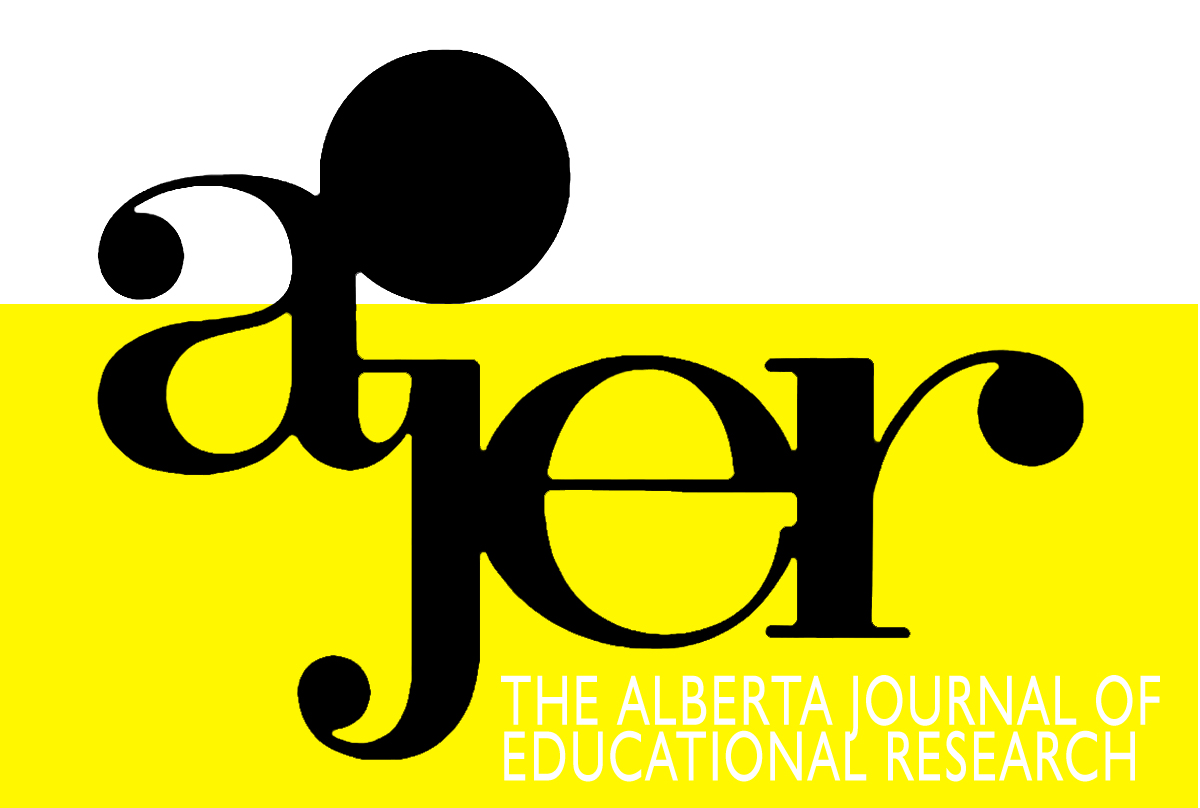The Impact of Professional Development About Weight-Related Issues for Pre-Service Teachers: A Pilot Study
DOI:
https://doi.org/10.55016/ojs/ajer.v58i3.55625Keywords:
weight issues, eating disorders, obesity, pre-service teachers, professional developmentAbstract
Many teachers do not have a working knowledge of body image or weight issues. This pilot project examined body image satisfaction and eating/weight-related behaviours before and after a professional in-service with physical education pre-service teachers (N = 16). At the three- month follow-up, measures were repeated and qualitative data (critical incidents and a focus group) about the impact on teaching practice was collected. Results showed no significant changes, however pre-service teachers indicated (a) attempting to lose weight or gain muscle (despite many being in a healthy weight range), and (b) having a biased approach to weight-related issues. Pre-service teachers, particularly those specializing in physical education, are not immune to cultural messages that perpetuate the thin ideal. Future evaluation with a larger sample that formally measures implicit and explicit weight-bias is needed. Providing professional development for pre-service teachers may promote more positive practice about body image, weight-bias, and weight/eating-related concerns in schools.Plusieurs enseignants n’ont pas une connaissance pratique de l’image du corps ou des problèmes de poids. Ce projet pilote a porté sur la satisfaction quant à l’image corporelle et sur les comportements relatifs à l’alimentation et au poids avant et après une intervention professionnelle en cours de formation auprès de stagiaires en éducation physique (N = 16). Lors du suivi trois mois plus tard, on a répété des mesures et collecté des données qualitatives (incidents critiques et groupe de discussion) quant à l’impact sur la pratique pédagogique. Si les résultats n’indiquent aucun changement significatif, les stagiaires ont tout de même indiqué qu’ils (a) essayaient de maigrir ou d’augmenter leur masse musculaire, et (b) qu’ils avaient une approche biaisée par rapport aux questions liées au poids corporel. Les stagiaires, notamment ceux en éducation physique, ne sont pas insensibles aux messages culturels qui diffusent un idéal de minceur. Il faudra une autre évaluation avec un plus grand échantillon et des mesures formelles des préjugés implicites et explicites relatifs à la minceur. Offrir aux stagiaires des occasions de développement professionnel pourrait encourager une pratique plus positive quant à l’image du corps, aux préjugés relatifs au poids et aux préoccupations en matière de poids et d’alimentation dans les écoles.
Downloads
Issue
Section
License
UNIVERSITY OF ALBERTA COPYRIGHT LICENSE AND PUBLICATION AGREEMENT
If accepted, authors will be asked to sign a copyright agreement with the following points:
A. Where there is any inconsistency between this Copyright License and Publication Agreement and any other document or agreement in relation to the same subject matter, the terms of this Agreement shall govern.
B. This document sets out the rights you are granting in relation to publication of your article, book review, or research note entitled (the “Article”) through inclusion in the academic journal titled Alberta Journal of Educational Research (the “Journal”) published through the Faculty of Education, representing the Governors of the University of Alberta (the “Journal Editor”).
C. There will be no payment to you for this publication and grant of rights. In consideration of the agreement to publish the Article in the Journal:
1. You are warranting that:
- the content of the Article is your original work, and its content does not contain any material infringing the copyright of others; or, where the Article is not entirely your original work, you have obtained all necessary permissions in writing to grant the rights you are giving in this agreement;
- the content of the Article does not contain any material that is defamatory of, or violates the privacy rights of, or discloses the confidential information of, any other person;
- the Article has not been published elsewhere in whole or in part, and you will not allow publication of the Article elsewhere without the consent of the Journal Editor;
- the names of all co-authors and contributors to the Article are:
2. You agree to license the copyright in the Article to the Journal Editor, on a worldwide, perpetual, royalty free basis; and to the extent required by the terms of this agreement. You shall retain the right at all times to be acknowledged as the/an author of the Article.
3. You further agree that the Journal Editor has the entitlement to deal with the Article as the Journal Editor sees fit, and including in the following manner;
- The right to print, publish, market, communicate and distribute the Article and the Journal, in this and any subsequent editions, in all media (including electronic media), in all languages, and in all territories, ing the full term of copyright, and including any form of the Article separated from the Journal, such as in a database, abstract, offprint, translation or otherwise, and to authorize third parties to do so;
- The right to register copyright of the Journal;
- The right to edit the Article, to conform to editorial policy as the Journal Editor sees fit.
4. If any co-author or contributor to the Article does not sign this agreement, the Journal Editor reserves the right to refuse to publish the Article.



